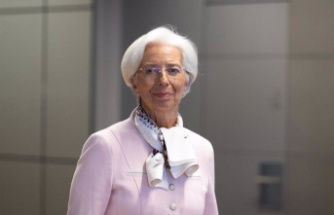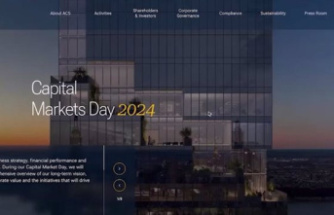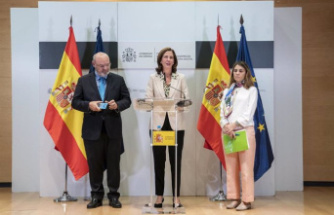LE FIGARO. - This new delay for the EPR in Flamanville, is this a disaster for EDF?
Nicolas GOLDBERG. - This is obviously bad news, but this new shift was one of the possible scenarios. The ASN had already noted in July 2018 a quality problem on the welds involved, and had asked EDF to resume, or provide a "specific justification". There was therefore a possibility that the commissioning is postponed to the result of the review of the last welds. This is not a coincidence that the Network of electricity transport (RTE) has provided in his book, variant of the forecast balance for a scenario where the EPR would be put into service after 2020, and where it would be suddenly complicated to close our last coal-fired power plants.
" Nuclear power: big kick-off for the EPR of Flamanville
That is what this represents for the whole of the nuclear industry French, where it is known that the EPR must be its spearhead to the international?
At the international level outside Europe, EPR is already in service in China and another is expected to follow by early next year: so the technology EPR is in itself already validated. On the other hand, a shift of the EPR of Flamanville has an impact on France and Europe. In fact, the financial support to the EPR in construction in Great Britain is conditioned to the commissioning of the Flamanville: there is, therefore, a major challenge that the construction ends. Moreover, the reflections on the construction of the new EPR should be formalized by mid-2021, likely to be debated during the presidential election of 2022. It will be politically difficult to address if the first EPR is still not implemented. Not to mention that the financing of the new EPR and the potential new structure of EDF for the building are still to be defined.
For the French industry, that is-that represents such a project in suffering? How to explain these setbacks?
This is not a coincidence that China, a country in industrial growth with more than twenty reactors put into service in ten years, was able to start its EPR before France. France is no longer the industrial nation that it was. It was necessary to re-enable an entire industry ecosystem to be able to move forward on the construction site and train providers to meet specific standards of construction draconian, which have been revised upwards in the middle of the yard following the incident in Fukushima. All of this takes time, especially when we know the number of different nationalities involved on the construction site. It is for this reason that EDF wants to build a new pair of EPR quickly. The fear of having to restart a track again sleep for the next EPR is strong.
" SEE ALSO - EPR of Flamanville: the delay, work and a salty note
EPR of Flamanville : the delay, work and a salty note - to Watch on Figaro Live
Date Of Update: 13 April 2019, 00:00












